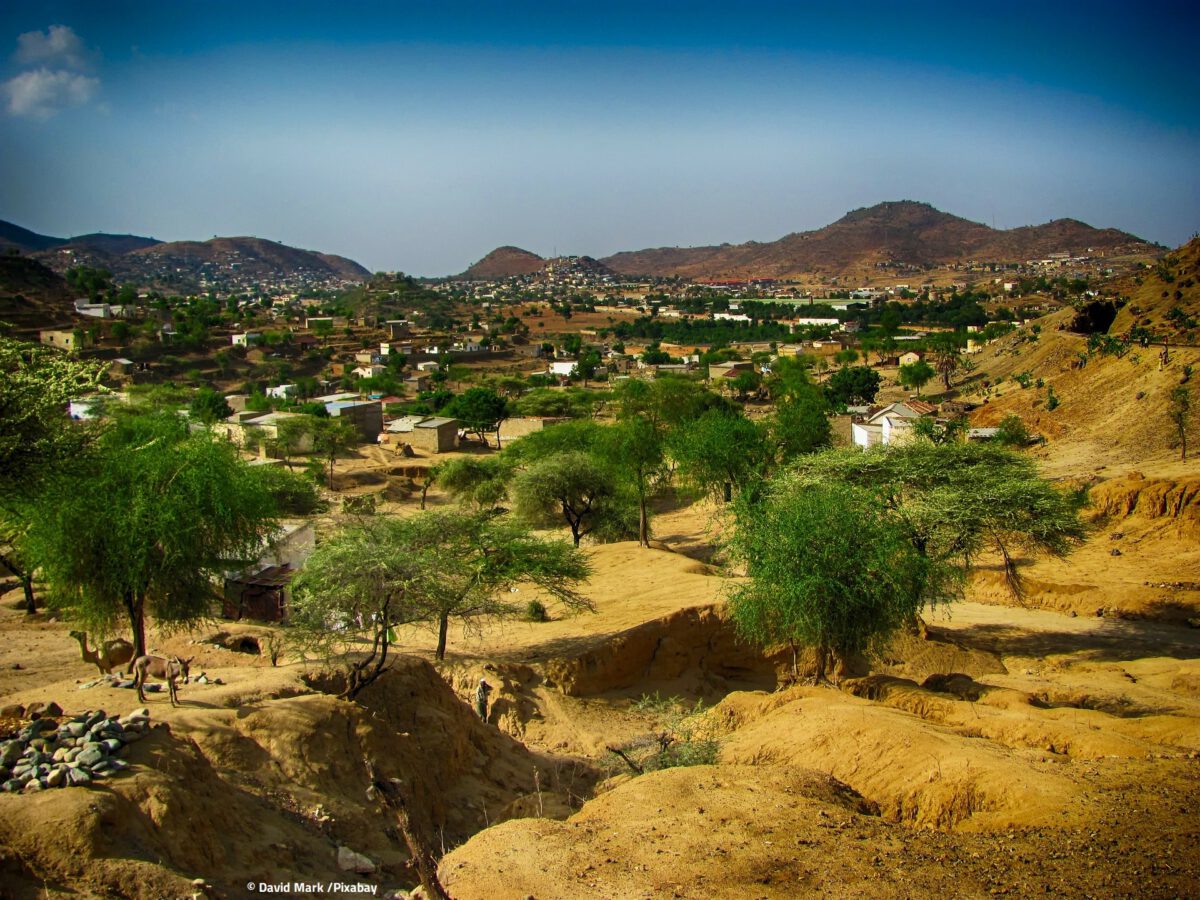No more EU funding for forced labour in Eritrea

With the so-called "Emergency Trust Fund for Africa" the EU created an instrument in 2015 to "address the root causes of instability, displacement and irregular migration and to contribute to better migration management". This fund, which is outside the EU budget and therefore hardly subject to parliamentary control, has been repeatedly criticised by the European Parliament – also because of the use of funds to finance the Libyan coast guard.
EU-funded road construction uses forced labourers
The New York Times reported in a Article from January 2020how 20 million euros from the fund for a forced labor related Road construction project in Eritrea were spent. Although the funds were used exclusively for the procurement of materials and equipment for the reconstruction of roads, the Eritrean government conscripted workers through national service for the construction work related to the project. Compulsory, indefinite national service (military service), to which all Eritreans can be conscripted, can be classified as forced labour or a modern form of slavery. Immediately after the article was published, I posted a written question to the Commission for comment on the fact that EU funding indirectly finances forced labour.
Evasion by the Commission
As is often the case, the Reply very evasive. On the one hand, reference was made to strict monitoring and evaluation procedures, and it was stated that the EU Delegation and UNOPS (United Nations Office for Project Services, which was in charge of implementation) made regular visits to the site to "verify the materials supplied, obtain information from the contractor on the implementation of the project and discuss similar relevant issues". At the same time, responsibility was shifted away, with the statement that the EU-funded project was only paying for the procurement and supply of materials and equipment; but the EU was not paying for labour – which, ironically, is exactly the problem.
Reallocation of funds earmarked for other projects
I also continued to draw attention to the issue at various committee meetings, while Commission representatives provided excuses. For this reason, we Green MEPs from the Committee on Development also proposed a committee trip to Eritrea, partly in order to see the situation for ourselves on the ground. Unfortunately, the trip was cancelled because of the corona pandemic. I was all the more surprised when the Commissioner for International Partnerships, Jutta Urpilainen, informed the committee in April of this year that the money earmarked for the second tranche of the project, as well as all the other funds earmarked for Eritrea, were to be reallocated to other priorities in the Horn of Africa. This was officially justified by the Eritrean Government's lack of interest in the funding projects.
Lack of information rights of the European Parliament
The decision was taken in the May 2021 confirmed by the operational committee. Since the European Parliament does not have a seat on the committee and is not informed of its decisions, a fact which we MEPs have also recently reiterated in the Implementation Report on the Trust Funds and the Turkey Facility have criticized – I could bring this confirmation only some months later in experience. However, I expressly welcome the development.